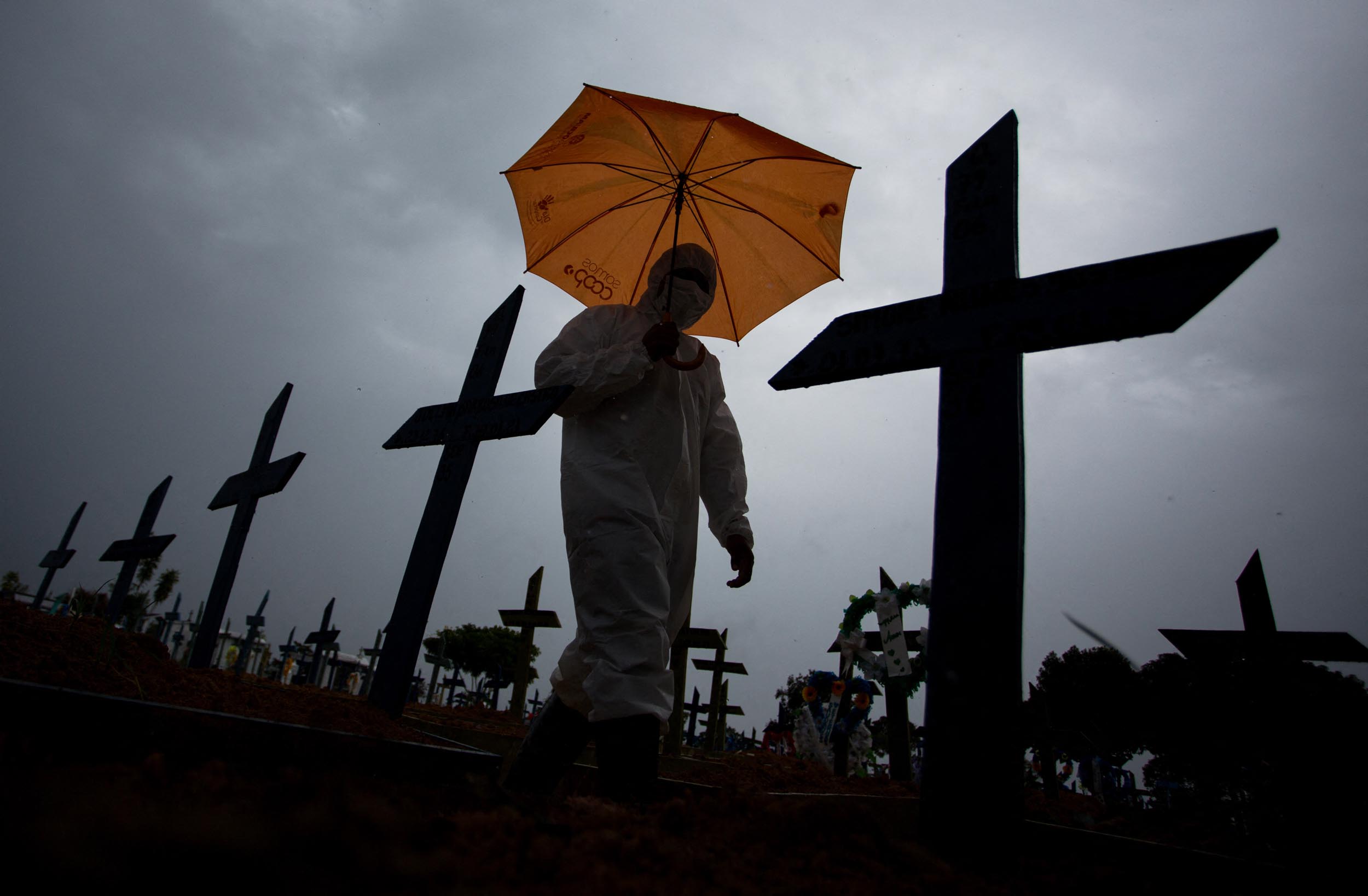When President Cyril Ramaphosa announced the first 21-day hard lockdown a year ago, South Africa only had 402 cases of Covid-19 infections. That number has since increased to more than one and a half million infections and 52 000 deaths. Statistics by themselves only tell half the story. They do not tell of the pain and heartbreak that each and every one of those families had to go through, losing people who, but for the pandemic, would have continued to lead long and productive lives. Statistics also show the number of jobs the economy has shed due to the pandemic,…
When President Cyril Ramaphosa announced the first 21-day hard lockdown a year ago, South Africa only had 402 cases of Covid-19 infections.
That number has since increased to more than one and a half million infections and 52 000 deaths.
Statistics by themselves only tell half the story. They do not tell of the pain and heartbreak that each and every one of those families had to go through, losing people who, but for the pandemic, would have continued to lead long and productive lives.
Statistics also show the number of jobs the economy has shed due to the pandemic, but they fail to capture the interrupted dreams and anguish of people whose livelihoods have been wiped out.
Most of the world is going into another round of lockdown restrictions to try and contain the spread of the virus, fearing an even more devastating third wave.
Italy has just announced new lockdown measures, the UK will only start easing its lockdown around June, France and Poland have instituted new measures as well.
The Czech Republic and Hungary are reporting higher numbers of infections than they have previously seen. Yet South Africa seems to be oblivious to it all.
In fact, some actions on the part of government and citizens seem to be willing the third wave on by failing to enforce protocols.
At the height of the mourning for AmaZulu King Goodwill Zwelithini, the congregation of amabutho in their traditional and battle regalia was a daily event.
Their spirited chanting and marching at the various palaces and areas of KwaZulu-Natal was a thing to behold.
Although the mourning period started off with a plea for sanity and order to prevail from Prince Mangosuthu Buthelezi, the traditional prime minister to the Zulu monarch, social distancing was the biggest casualty of the mourning period.
Added to it was the inconsistent use of face masks in those gatherings. The mourning period for the king was a memorable one.
The consequences of the flouting of social distancing rules could, God forbid, stay with the country for a devastating while.
The drop down from level 3 to level 1 has unleashed a torrent of social events that had been postponed by families owing to government restrictions.
Weddings, celebratory parties and family gatherings have resumed as though the pandemic has abated. Government’s vaccination programme has not gained enough momentum to match the speed at which the virus can spread through the population.
In fact, for some unexplained reasons, the focus on vaccinations seems to be lost. The easiest thing to do right now would be to allow the pandemic weariness that has gotten South Africa here to continue taking root.
Government can throw their hands up in the air and claim: “We told you it’s in your hands.”
But that would be self-defeating. When/if the third wave does arrive, hospitals will be full again, beds will run out and new restrictions on movement and the economy will be implemented.
The country will almost certainly go back to where it was a year ago: a bleak, uncertain and scary place. It is not too late to start preparing for the worst, again.
The biggest win would be procuring a significant number of vaccines and start tilting the scale towards herd immunity.
In the meantime, it is the restrictions on people’s movements that have shown the best results.
Restrictions should be put in place now to prevent Easter super-spreader events.
No hard lockdown is necessary yet, just gentle restrictions to avoid the now-usual “with immediate effect” last-minute panic.
For more news your way, download The Citizen’s app for iOS and Android.








